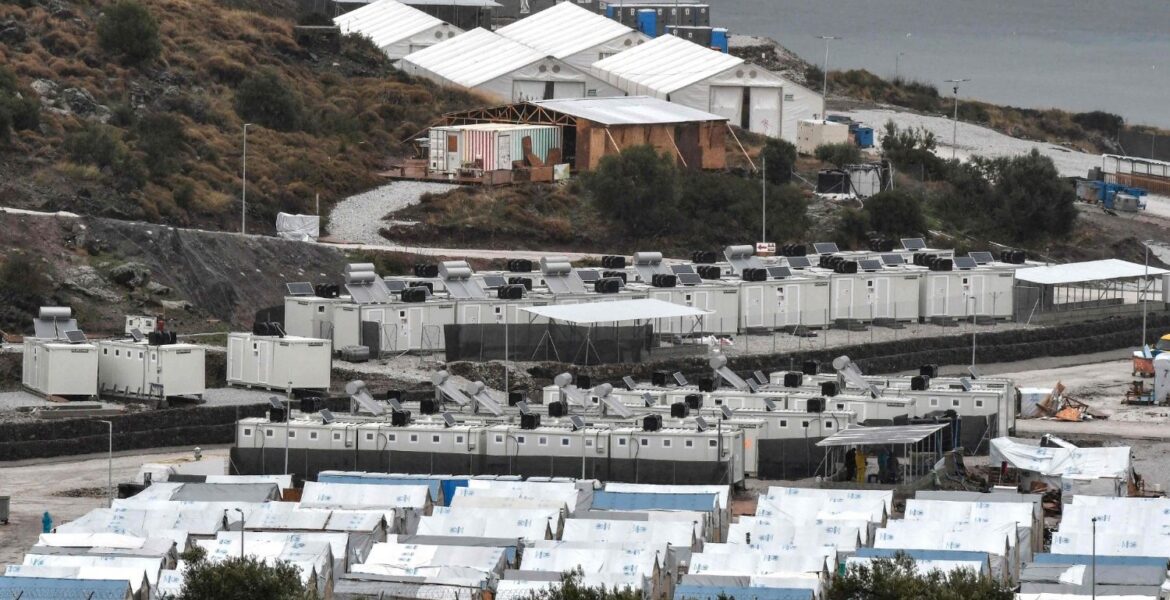Kythera is a unique Greek island full of majestic beaches and green mountainous terrain, so there is something there for everyone.
Kythera is a lesser known Greek island, as it is overshadowed in fame by Antikythera and the its amazing Antikythera Mechanism, discovered off its shores.
The island is opposite the south-eastern tip of the Peloponnese peninsula. It was inhabited in ancient times and has the oldest sanctuary dedicated to the goddess Aphrodite.
Through the 19th century it was a trade crossroads of several civilizations and cultures, including Greek, Venetian, and Ottoman.

History of the Greek Island of Kythera

The Venetian rule marked the culture and idiosyncrasy of Kytherians. It contributed to their excellence in the arts, politics and commerce.
Due to the historical relationship between the Ionian Islands and Italy, many Kytherians studied in Italian cities.
Several Greek politicians and prominent academics hail from Kythera. General Panos Koroneos served as Minister of War in the mid-1800s; Panagiotis Tsitsilias was a Liberal Party MP; Spiridon Stais was MP for Harilaos Trikoupis’ party and Minister of Education.
Also, Grigorios Kassimatis was a distinguished academic; MP Grigorios L. Kassimatis fought in the Resistance; Giorgos Kassimatis was one of the most distinguished professors at the Law School of Athens and a writer.
In the arts and literature, Lafcadio Hearn (Koizumi Yakumo) – also known for his roots in Lefkada – is Japan’s national poet and lived in Kythera in the second half of the 19th century.
Painter Georgios Drizos, the engraver and lithographer Vasilios Charos, the painter and engraver Manolis Charos, photographers Panagiotis Fatseas and Manolis Sofios, were all artists whose body of work makes a priceless cultural heritage for the island.
Kytherians in Australia
If you visit Kythera, you will be surprised by the percentage of Australian tourists among visitors. The reason is that thousands of Kytherians went to Australia in the first wave of migration to the land down under in the early 20th century.
It is estimated that there are over 60,000 Greek-Australians of Kytherian descent living in Australia and the Kytherian community of Sydney is one of the oldest communities in the
In the dawn of the 20th century, hundreds of Kytherians could not sustain and raise a family on the island due to its small size and mountainous terrain.
Many were forced to migrate to Australia, since America had made migration policies more strict by that time. So Kytherians settled in Sydney and Brisbane instead.
So it is natural that the second and third generation Greek-Australians of Kytherian decsent to want to make a connection with their ancestral roots, while having a great holiday.
Once there, let yourself be enchanted by Kythera
Kythera is ideal for relaxation and is great for families and nature lovers. The more adventurous types can enjoy hiking, cycling or splash in the waterfalls.
Off the beaten track despite its ferry connections and an airport, the island still somehow has remained a hidden Greek treasure.
Don’t be surprised if you go to a small beach and find that you can have it all for yourself for a few hours.
In Kythera you can stay in Palaiochora, Agia Pelagia, Diakofti, Livadi, Avlemonas and other villages.
Ten great beaches on the Greek island

Kythera has many great beaches, typical of the Aegean Sea, with clear turquoise waters and golden sands.
Kaladi is on the east side of the island, near Paleopoli. The beach has average size pebbles, while the waters are deep, and ideal for diving.
Vroulea is on the southeast part of Kythera, near Kalamos. It is rather isolated and has pebbly sand.
Kapsali, is also south, but this is a large beach with pebbly sand and shallow waters. It is a busy family beach with deckchairs, umbrellas, restaurants, snack bars, and cafes.
Chalkos is in Kalamos and it is an average size beach with big rocks and pebbles. It has blue-green waters with beautiful reflections. The beach is lined with deckchairs, umbrellas and snack-bars like Kapsali.
Fyri Ammos is a large beach also in Kalamos, with coarse red sand, it is a rocky beach with deep waters and a cave. You can find deckchairs, beach umbrellas and a snack-bar there.
Fournoi is rocky beach on the northeastern part of the island with the same offerings as Fyri Ammos.
Gerakari is a small isolated beach in the northwest. It has pebbly sand and offers lots of privacy so couples can enjoy a romantic sunset.
Lorentzo in Agia Pelagia is in the north part of Kythera. It has coarse crimson sand and is famous for its caves.
Limni Kakias Lagadas in Agia Pelagia is a small isolated beach with small pebbles between a lake and the sea.
Fyri Ammos of Agia Pelagia is in the northeast part of the island. It is very busy with deep waters, coarse red sand and pebbles.
Other natural wonders on Kythera

There is more to Kythera than just lying on the sand or swimming in the crystal clear waters.
The ravine of Mylopotamos with its running waters starts from the center of the village and ends at Kalami beach.
Surrounded by plane trees and poplars, the water creates waterfalls and small beautiful ponds, ideal to jump in. The ravine is bordered by 22 watermills.
The mountainous part of the island is great for cycling, but requires a lot of effort and the legs of an athlete. Hiking is also an activity on offer for the more athletic types.
There is a wild and very beautiful gorge known as Kakia Lagada. It starts in Palaiochora, a Byzantine citadel formally called Agios Dimitrios, and stretches all the way to the northern coast of Kythera, east of Agia Pelagia, to Limni.

:quality(70)/cloudfront-us-east-1.images.arcpublishing.com/mco/OFMW6ECP35CHZBWQEVZTJOLRUA.jpg)












